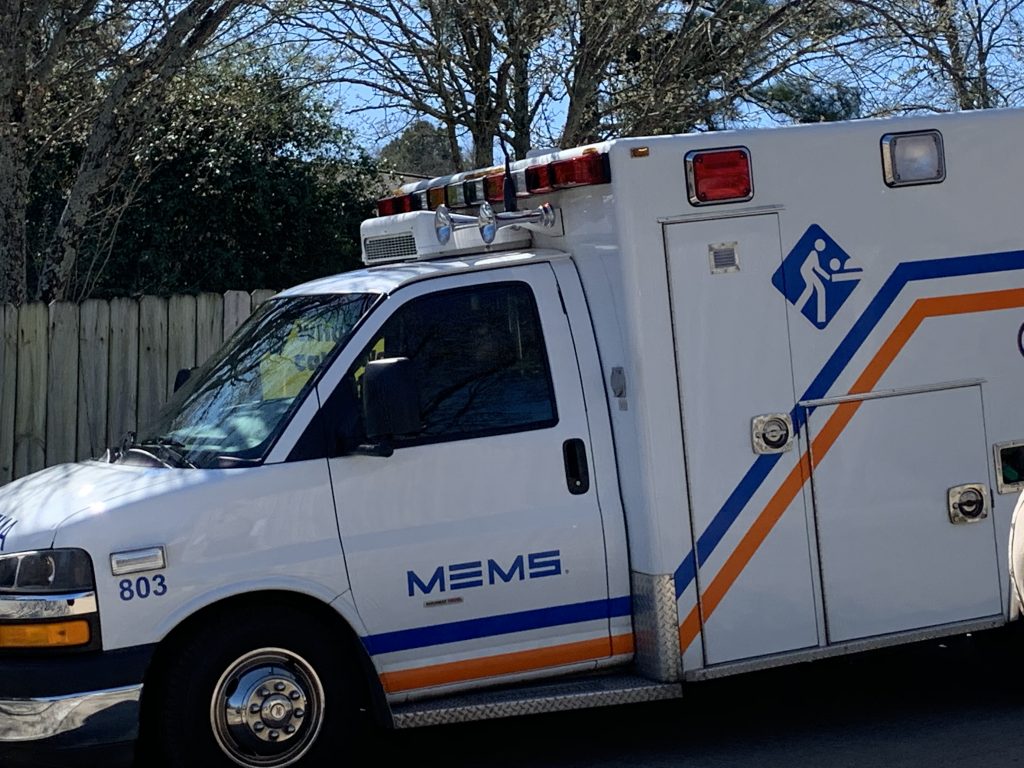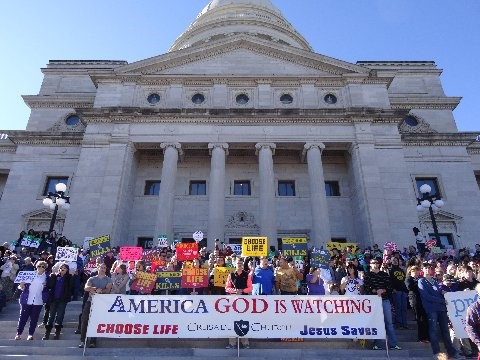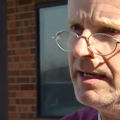Over the past few days and weeks we have heard a lot of questions about abortion in Arkansas amid the coronavirus outbreak.
Here are a few questions and answers on the issue:
#1. Has Arkansas Shut Down Abortion Facilities?

Arkansas’ health directives don’t shut down specific facilities.
Rather, they prohibit certain procedures.
The public health directives from the State of Arkansas prohibit elective surgical procedures during the COVID-19 pandemic — including elective surgical abortions.
The State of Arkansas reportedly issued a cease and desist order against the surgical abortion facility in Little Rock, telling the facility to stop performing elective surgical abortions.
In response, the facility filed a legal challenge in federal court.
#2. Where Do Things Stand With the Lawsuit Against the State?
The surgical abortion facility in Little Rock filed a legal challenge against the state in federal court on Monday.
On Tuesday U.S. District Judge Kristine Baker issued a temporary restraining order against the State of Arkansas.
The temporary order prevents the state from enforcing its cease and desist order against the abortion facility for 14 days while the lawsuit continues.
The Attorney General’s office has asked the Eighth Circuit Court of Appeals to overturn Judge Baker’s restraining order.
Given the Eighth Circuit’s track record, there’s a very good possibility Arkansas ultimately will win this legal battle over abortion.
#3. Why Are Abortion Facilities in Arkansas Still Open?
Two reasons:
First, because U.S. District Judge Kristine Baker’s restraining order issued on Tuesday effectively allows surgical abortion in Arkansas to continue as usual for the time being.
Second, because the state’s health directives only affect elective surgical abortions.
That means that abortion facilities are still able to administer abortion-inducing drugs like RU-486.
It also means they can conduct other activities besides abortions at their facilities.
The fact that the directive is narrowly tailored to apply to surgical procedures could make it more defensible in court.
#4. Why Did the State Wait So Long to Do Something About Surgical Abortions?
The State actually did not wait to address abortion facilities. Public health officials have been working for a while to address this issue.
On March 30, Governor Hutchinson and Secretary of Health Dr. Nathaniel Smith issued guidelines telling all medical clinics to postpone elective procedures, but abortion providers did not comply.
On April 3, Governor Hutchinson and Secretary of Health Dr. Nathaniel Smith issued a directive, with the force of law, specifically naming abortion providers. Again, abortionists kept performing surgical abortions.
On April 7, inspectors from the State of Arkansas found proof that elective surgical abortions were taking place despite the state’s directives and guidelines.
On Friday, April 10, Little Rock Family Planning Services — Arkansas’ only surgical abortion clinic — received a “cease and desist” letter and was told to stop performing surgical abortions or face penalties from the state.
Abortionists filed a legal challenge on Monday, April 13, and U.S. District Judge Kristine Baker issued a restraining order against the state the following day.
On April 15 Attorney General Leslie Rutledge’s office asked the Eighth Circuit Court of Appeals to overturn Judge Baker’s restraining order.




